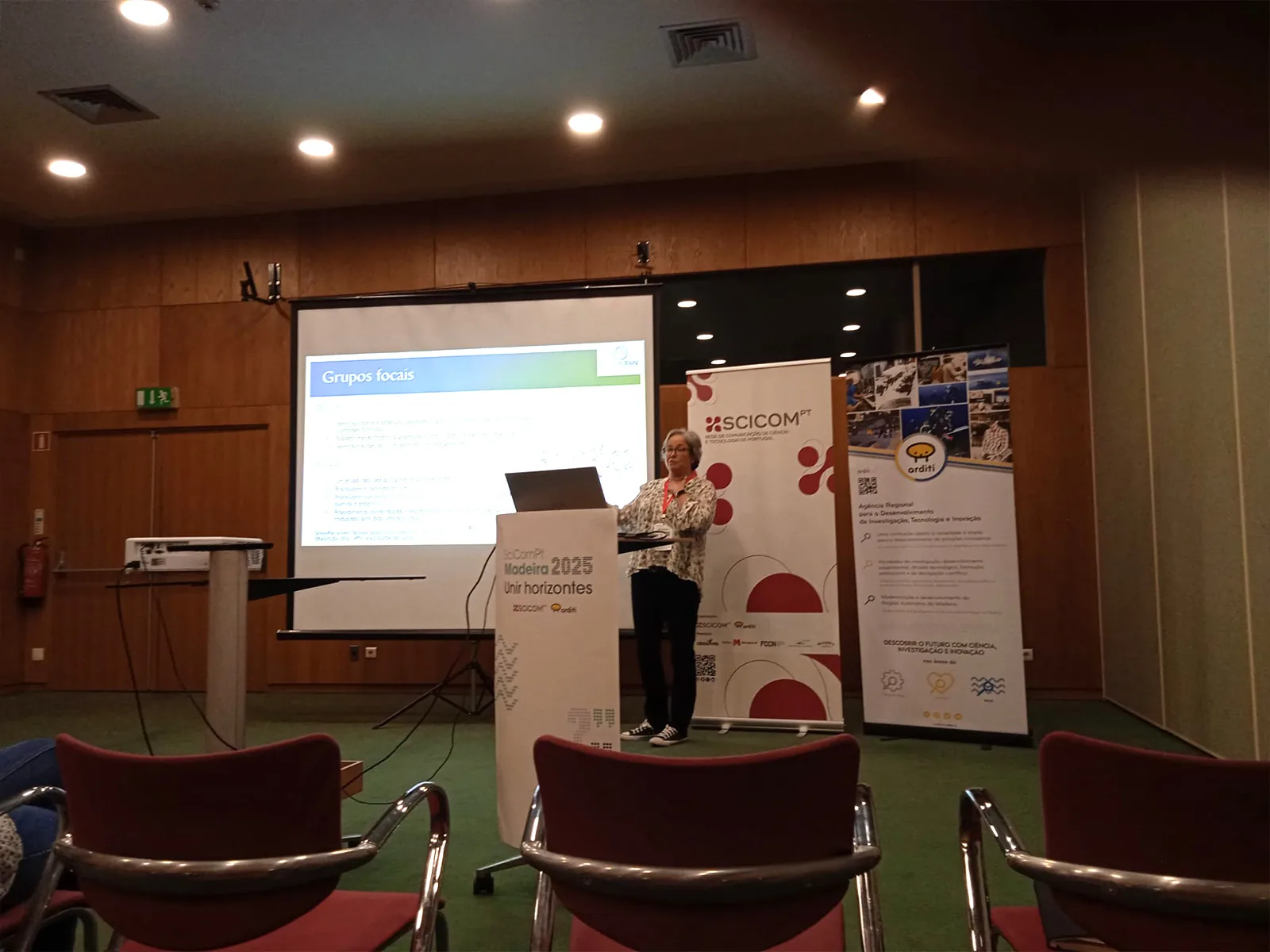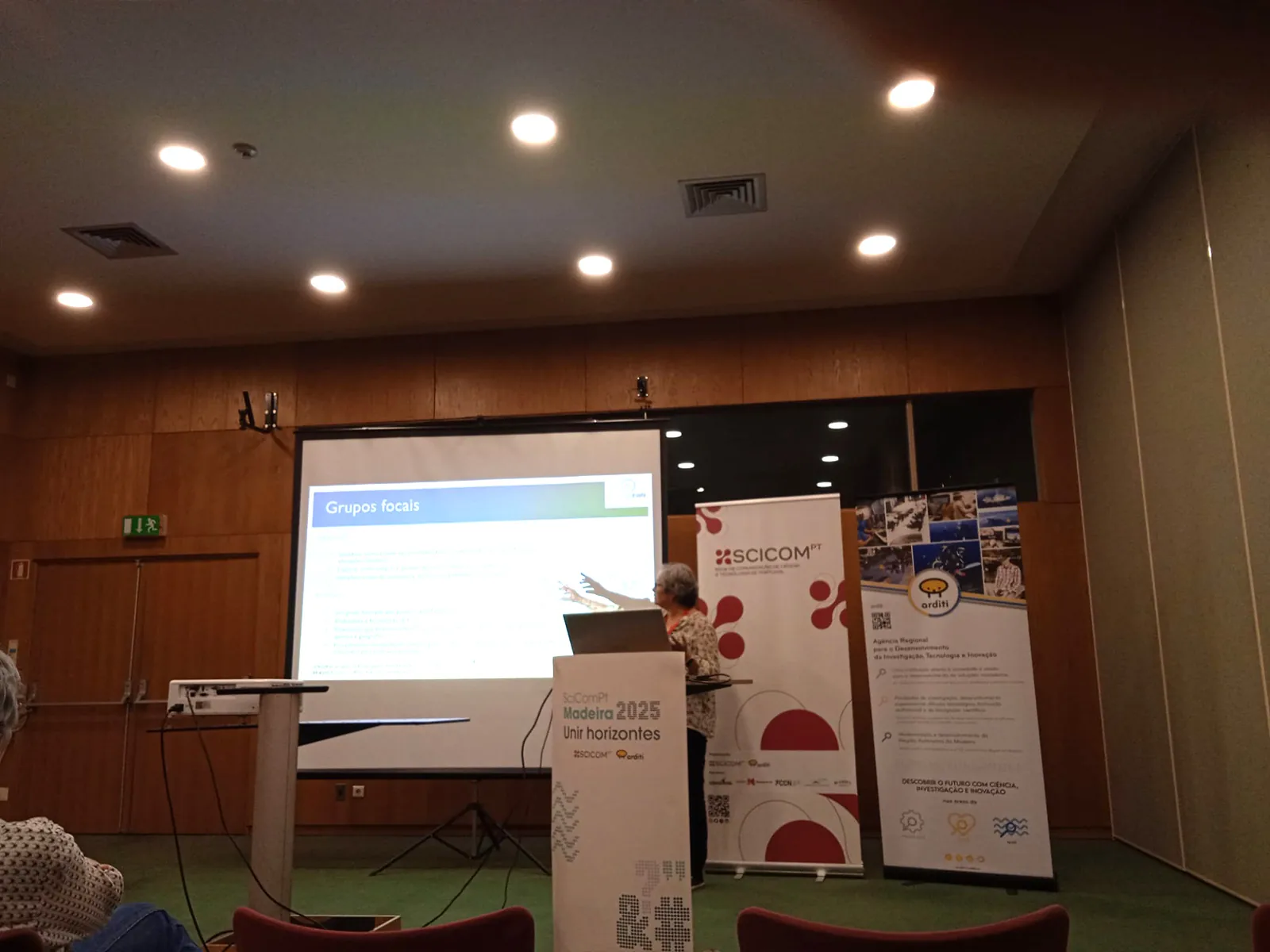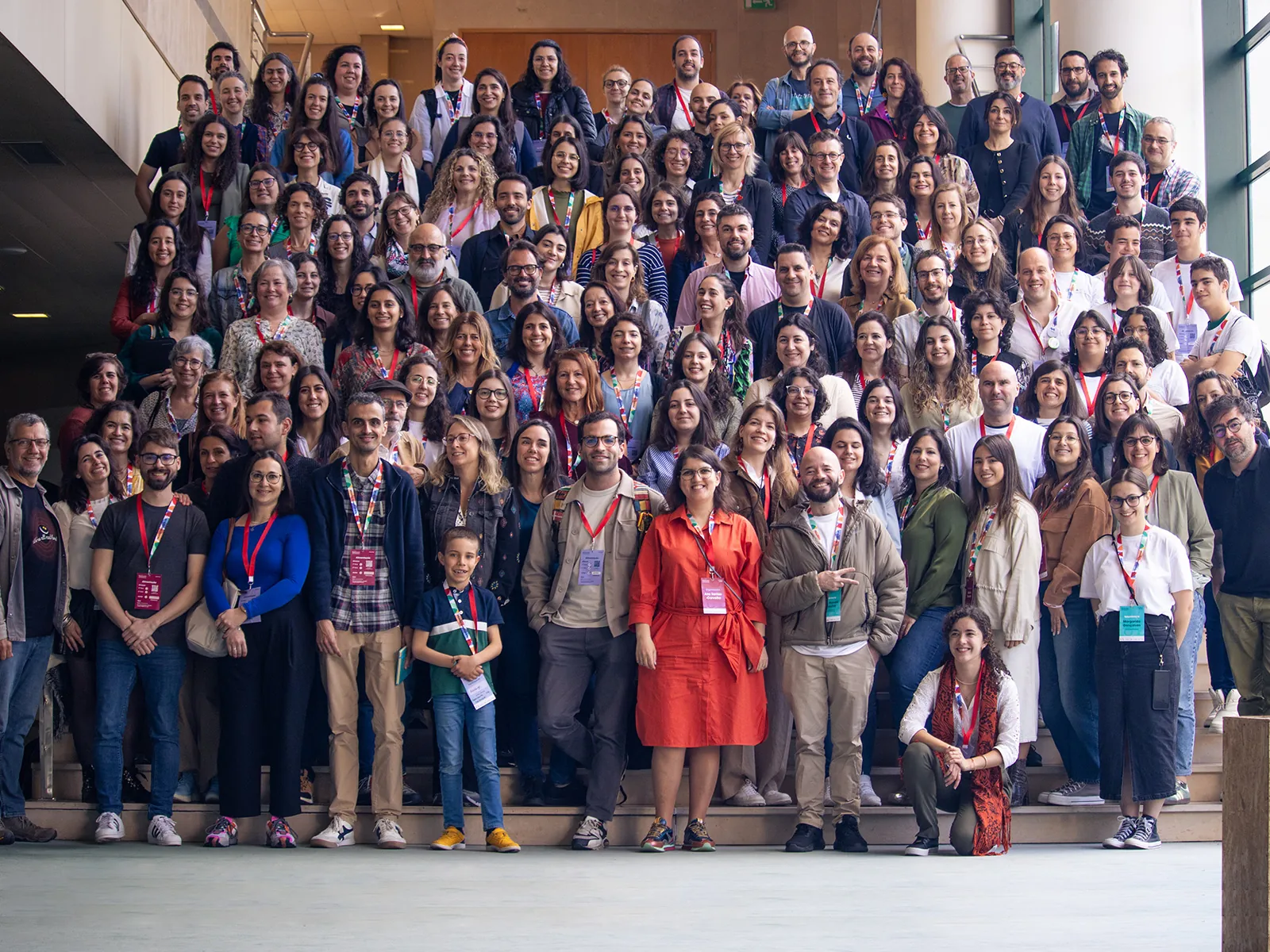The spread of misinformation about climate change through social media is a growing challenge. Misinformation about climate change is pervasive, distorts public understanding and undermines urgent climate action, and has a worrisome effect on young people who frequently encounter unverified information online. To navigate the digital world critically and responsibly, students require foundational knowledge, digital skills and critical thinking. Education systems, especially in Europe, must adapt to foster a new generation of informed, environmentally conscious, responsible individuals, and digitally literate individuals (European Commission, 2021; European Union, 2022).
We conducted focus groups with teachers and teacher trainers in order to ask the participants about their views on the best ways to address fake news about climate in the classroom. Focus groups provide an important method for gathering detailed qualitative data, capturing a diversity of perspectives and experiences.
- Objective 1: how and where fake news and climate change topics are addressed in class.
- Objective 2: the best opportunities for implementing citizen science in educational contexts.
- Objective 3: to know what teachers think are the most effective and useful educational activities on climate change and fake news.
The focus groups meetings were held between June and July 2024 in each of the participating countries — Portugal, Spain, Greece and France. Each FG included 3 to 5 in-service teachers with 5 to 10 years of experience, covering subjects such as biology, geology, geography, physics, and chemistry, from 9th to 12th grade, as well as 2 to 3 teacher-trainers. In total, there were 27 participants.
Besides pointing out the best locations in the curricula in each country to address these issues, the meetings gave very valuable information for the implementation of our project. The focus groups results highlight the workload, the lack of time, resources and knowledge as the main barriers to promoting critical thinking and implementing a project on fake news in the classroom.


